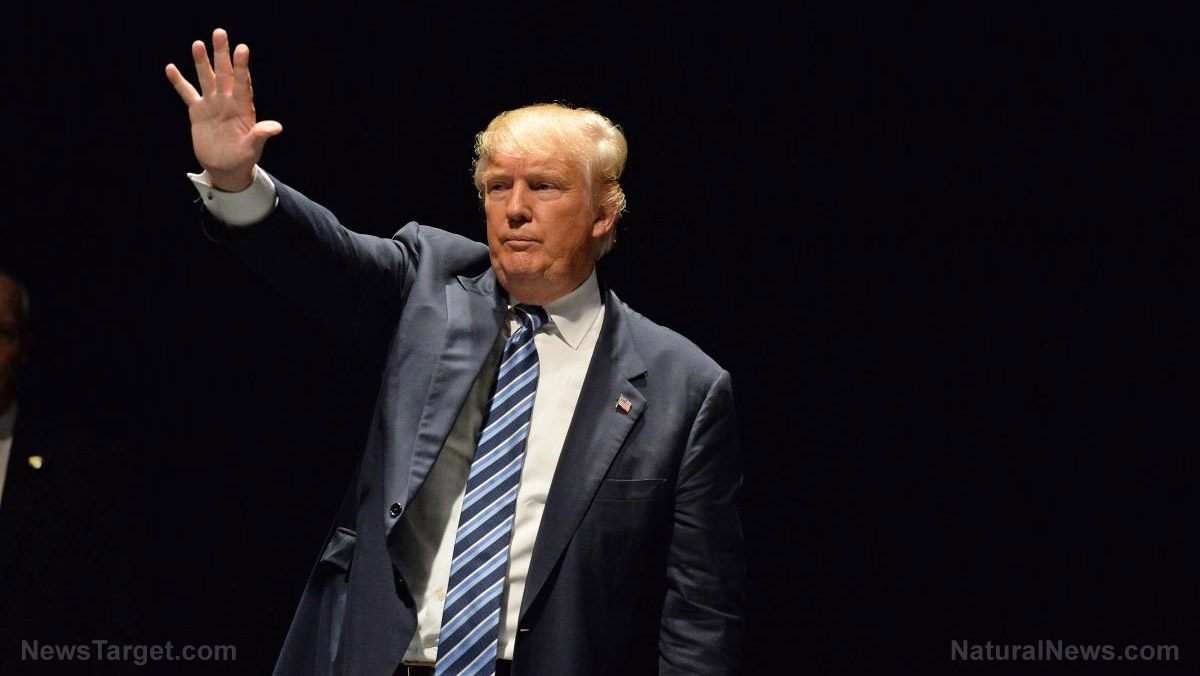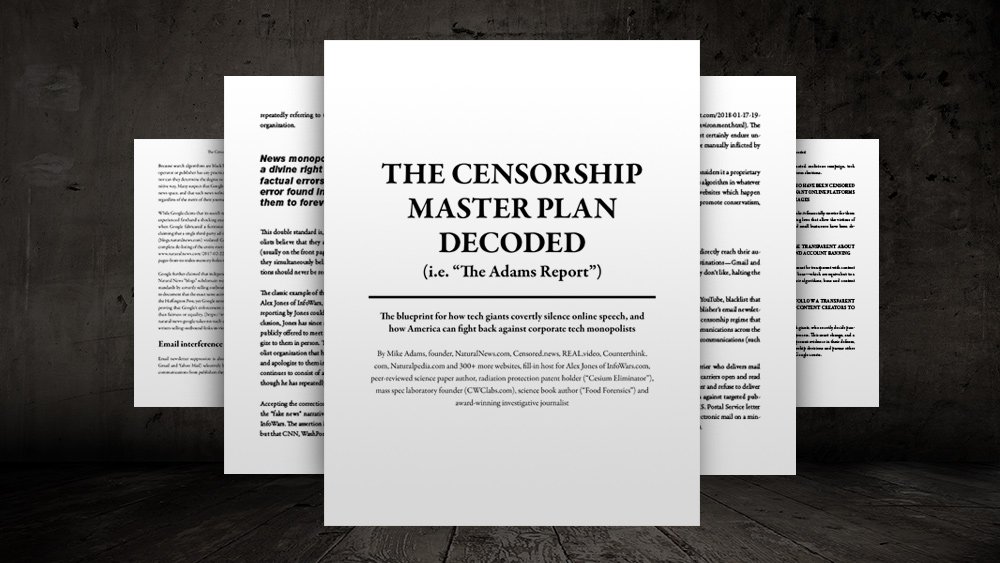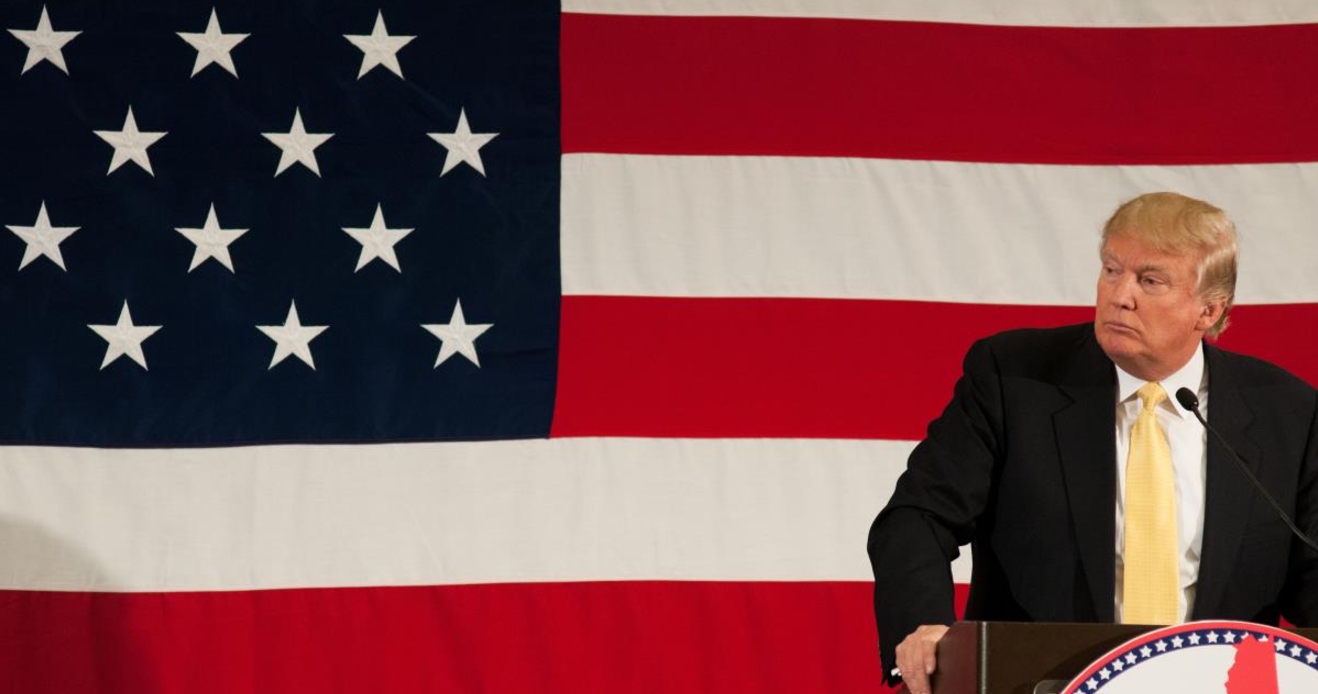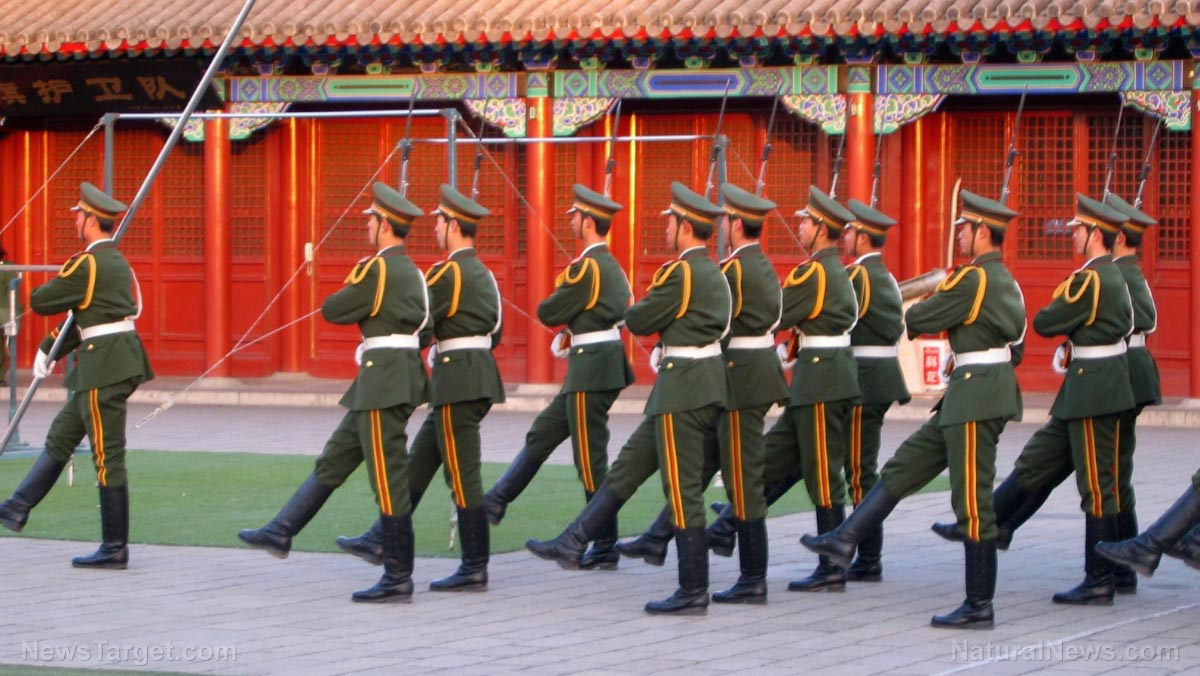Amazon goes all-in for communist China censorship to suppress freedom of Chinese citizens
08/09/2017 / By Jayson Veley

Although China has been making an effort to slowly introduce free market principles into their vast economy in recent years, the Chinese government as a whole remains tyrannical and oppressive. The people of China do not benefit from the same rights and liberties we enjoy here in the United States, even though there is a strong case to be made that even here in the U.S., those rights and freedoms are under assault.
For example, although the freedom of speech is constantly being eroded by the progressive left in America, it still remains a crucial part of our society and has yet to be removed from the United States Constitution. In China, this is not the case. The freedom of speech is not part of China’s society, nor has it ever been. Sadly, this often leads to the suppression of information, and the restriction of certain content in movies, on television, and on the Internet.
In a recent effort to help China implement the country’s harsh restrictions on online content, Amazon is warning people to stop using software that allows them to circumvent the various barriers and restrictions established across the Internet by the Chinese government (Related: Apple goes all-in for communist China censorship by banning apps that help users bypass state censorship.)
“If users don’t comply with the guidance, the offered services and their websites can be shut down,” explained one woman surnamed Wang, who works as a hotline operator for Amazon’s China-based cloud-computing business called The Beijing Sinnet Technology. “We the operators also check routinely if any of our users use these softwares [sic] or store illegal content.”
Wang explained that the decision to stop Amazon customers from using software that can circumvent China’s Internet restrictions came from the country’s Ministry of Public Security as well as the country’s telecom regulator. So far, Amazon has yet to respond to any emails or phone calls requesting comment.
Many Americans don’t even realize just how bad censorship in China really is. In the U.S., it is quite common for people of all ages to have accounts on various social media sites, including Facebook, Twitter and Instagram. However, in China, these social sites are restricted thanks to the Great Firewall, which is the nickname given to the country’s network of sophisticated Internet barriers and filters. Even lovable Disney characters aren’t safe from government control.
After pictures comparing Chinese President Xi Jinping to Winnie the Pooh were circulated across the Chinese social media site Sina Weibo, the government took action to censor all references to the Disney character on the Internet. Winnie the Pooh-themed stickers were also removed from the instant messaging service WeChat.
One of the more popular memes that lead to the ban featured a photo of President Xi Jinping walking next to former U.S. president Barack Obama, which was placed alongside a picture of Winnie the Pooh walking with his tiger friend Tigger. Needless to say, the comparison was almost too obvious – Barack Obama is tall and thin like Tigger and President XI Jinping is rather short and round like Winnie the Pooh.
Another meme that lead to China’s ban on Winnie the Pooh references featured a picture of President Jinping shaking the hand of Japanese Prime Minister Shinzo Abe, placed alongside an image of Winnie the Pooh shaking the hand of Pooh’s donkey friend Eeyore (RELATED: Read about how U.S. censorship mirrors China’s).
If nothing else, the recent actions taken by the Chinese government to usurp the freedoms of their people should be a stark reminder that liberty is a very precious thing. Once the government begins to accumulate more and more regulatory power, it is incredibly difficult to get it to back off. As Americans, we should be thankful that we live in a country that puts emphasis on individual liberty, unlike in China where the government has the final say on virtually everything, from content on Amazon to Winnie the Pooh.
Sources include:
Tagged Under: Amazon, Censorship, China, First Amendment, free speech, government, Jeff Bezos, oppression, Orwellian, regulation




















